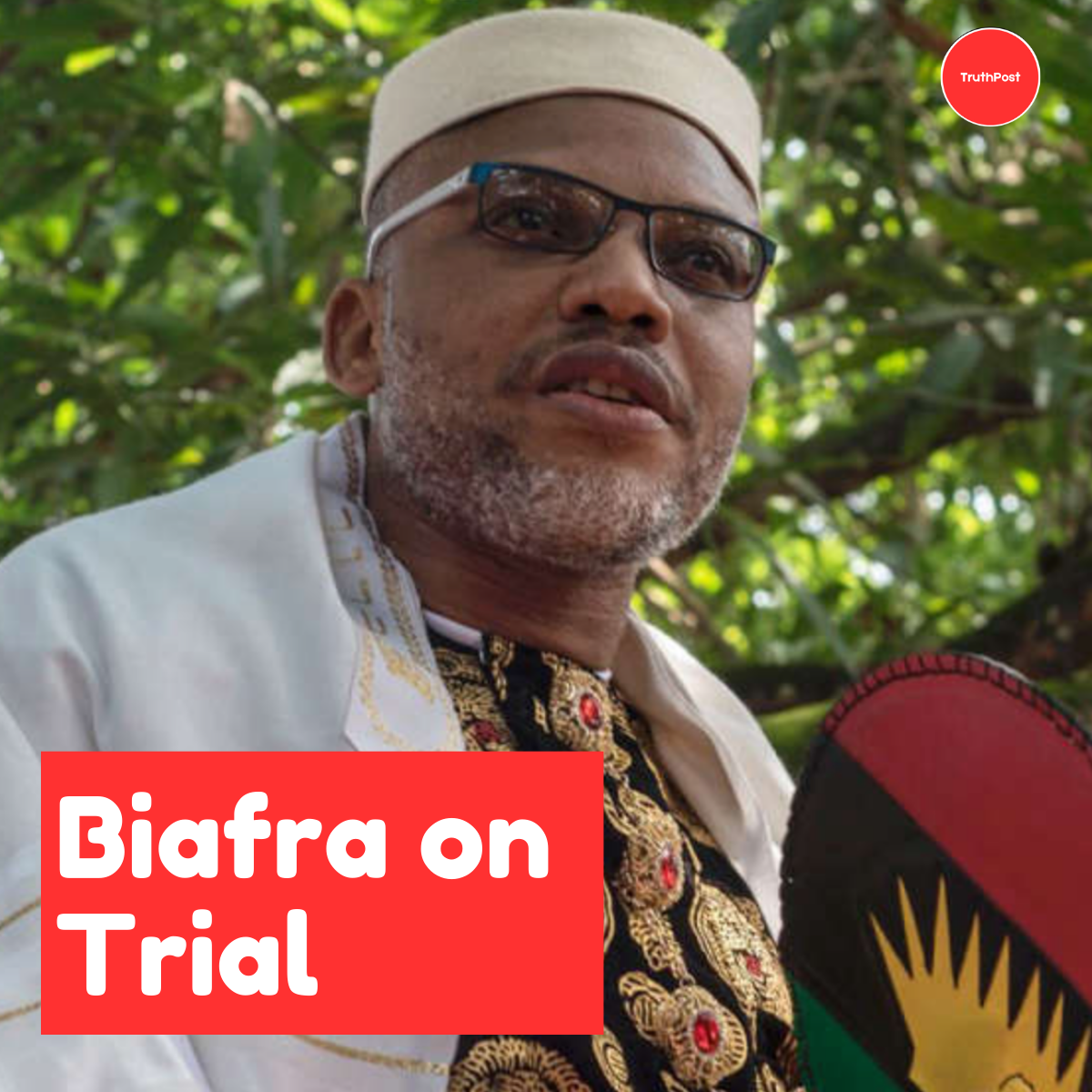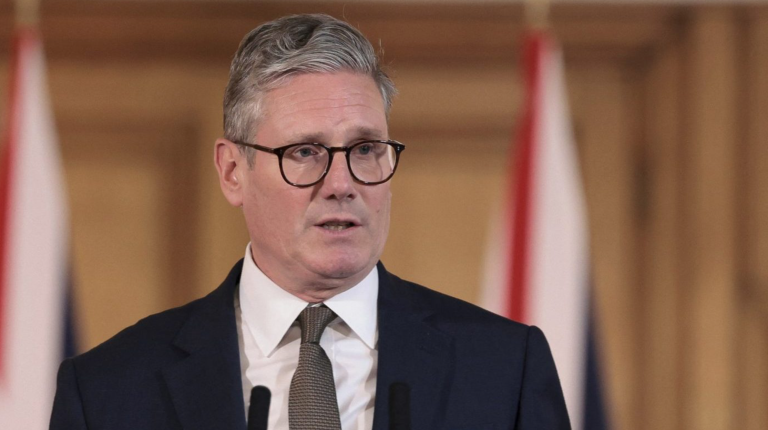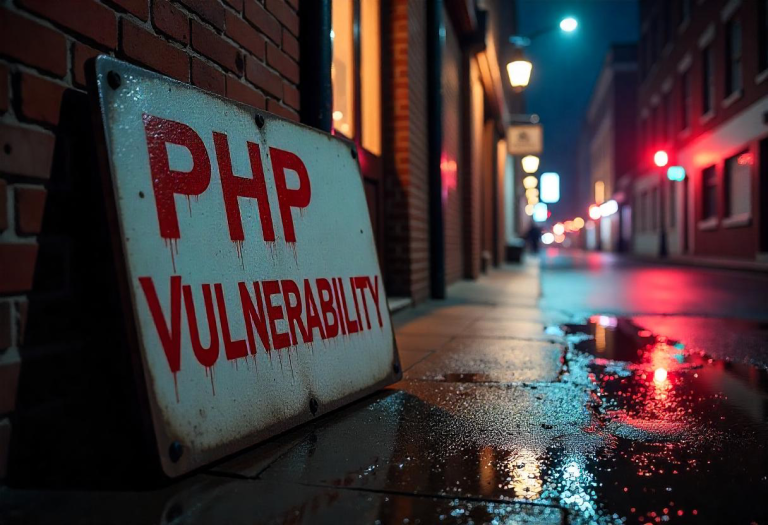
September 1967. A nation fractures. Over a million lives lost. The Biafran War ends. But the dream never dies. Decades later, a London-based activist presses ‘record’ on a microphone—and reignites the flame.
Let’s be clear – Nnamdi Kanu didn’t create the Biafran movement. He simply gave voice to a festering wound Nigeria has pretended doesn’t exist since 1970.
Reasons for Grievances

- 53% of Niger Delta residents live on less than $2/day despite producing 90% of Nigeria’s exports.
- Only 5% of federal infrastructure projects has been allocated to Southeast since 1999.
- Nnamdi Kanu’s 2015 poll shows that 88% of SE youths supported secession.
While Nigeria transformed Lagos into a glittering megacity with its skyscrapers and billion-dollar ports funded by Eastern oil wealth, what legacy awaited the Igbo people who fueled this prosperity?
Not shared development, but military checkpoints dotting the Niger Bridge like scars. Not political power, but systemic marginalization that bars them from presidential contention and oil bloc ownership. Not reconciliation, but mass graves from 1967 still unexcavated across Biafra’s former territory, where families are warned against memorializing their dead.
The paradox screams from census data: Igboland contributes 65% of Nigeria’s non-oil exports yet receives just 0.5% of federal infrastructure budgets. Its youth flee not by choice but necessity—to Lagos where they build industries, to America where they dominate healthcare, anywhere but a homeland that treats them as perpetual suspects.
This isn’t just history; it’s present policy. When Southeasterners demand the coastal highway granted to other zones, they’re called separatists. When they memorialize the 3 million Biafrans killed, they’re told to ‘move on.’ The message is clear: your blood built Nigeria, but your place in it remains conditional.
Nnamdi Kanu on the Run

In December of 2015, Nigerian Air Force jets screamed over Nnamdi Kanu’s sleepy hometown in Abia State—and reduced buildings to rubble in what officials later called an ‘accidental strike’ during ‘training exercises.’ The timing raised eyebrows: this occurred just weeks after Kanu’s arrest for treason, as IPOB protests paralyzed Southeastern cities.
Eyewitnesses told Amnesty International that soldiers specifically targeted Kanu’s family compound, where his elderly parents barely escaped and afterwards died. No military investigation ever explained why a ‘training mishap’:
1. Used live munitions
2. Occurred 300km from the nearest Boko Haram zone
3. Destroyed only civilian homes near Kanu’s property
The message was crystalline. For decades, Nigeria’s playbook for dissent has alternated between carrot and drone strike. From Ken Saro-Wiwa’s hanging to the Zaria Massacre, the state reminds would-be challengers: We can erase your roots literally and figuratively. Kanu got the memo—he fled Nigeria months later, only for Kenya to ‘disappear’ him in 2021.
This wasn’t counterterrorism. It was theater. And every Eastern child who saw those craters learned the real lesson: dissent burns.
Operation Python Dance

In September 2016, the Nigerian Army launched Operation Python Dance, a military exercise officially aimed at combating rising crime and separatist agitation in the southeastern states. However, what began as a “routine training operation” soon escalated into a brutal crackdown, leaving a trail of human rights abuses, civilian deaths, and deepened distrust between the Igbo people and the Nigerian state.
The Nigerian government framed Operation Python Dance as necessary to address:
1. Kidnappings & armed robberies on southeastern highways
2. IPOB’s rising influence and pro-Biafra protests
3. Alleged militant training camps in rural areas
Army spokesperson Col. Sagir Musa stated the operation would “rid the region of violent elements,” but its execution told a darker story.
As troops flooded Abia, Anambra, and Ebonyi states, reports emerged of:
- Mass arrests of IPOB supporters and innocent civilians
- Extrajudicial killings (Amnesty documented 150+ deaths)
- Torture & sexual violence in makeshift detention centers
- Censorship: Soldiers raided radio stations broadcasting pro-Biafra content
The operation peaked on September 14, 2017, when soldiers:
- Invaded Kanu’s hometown again in Umuahia, sparking a shootout
- Killed 28 unarmed protesters in Aba, which the Nigerian Army later admitted 3 deaths
- Imposed a de facto curfew, paralyzing economic activity
- Boosted IPOB’s recruitment (membership tripled post-operation)
- Sparked global outrage (UN condemned “excessive force”)
- Pushed Kanu into exile, making him a martyr figure
A leaked DSS memo later revealed the operation’s unstated goal: “Decapitate IPOB’s leadership and terrify the populace into submission.”
While the Operation Python Dance was largely unsuccessful, it did set a precedent for later military operations like:
- Operation Crocodile Smile
- Operation Restore Peace
Its tactics—collective punishment, media blackouts, and psychological warfare—remain in play today as Nigeria grapple.
A Global Game?
Britain trained the Nigerian Army in counterinsurgency tactics that were later deployed against civilian populations in the Southeast. America continues to sell attack helicopters and armored vehicles to Abuja, even as these very weapons are turned on unarmed protesters at Aba and Onitsha. Western oil giants like Shell and Eni operate with impunity in the Niger Delta, extracting billions in crude from Igbo ancestral lands while leaving behind poisoned rivers and scorched farmlands.
Now these same powers lecture us about human rights? The hypocrisy reeks.
The UK’s infamous International Military Assistance Training Team (IMATT) schooled Nigerian officers at Sandhurst in ‘urban pacification’ – skills promptly applied during the Zaria Massacre and Operation Python Dance. Washington approves every arms sale through its ‘Leahy Law’ farce, pretending not to notice when Nigerian forces use Cobra helicopters to strafe villages. Meanwhile, European banks finance pipelines that crisscross Biafra while denying loans to develop our region’s infrastructure.
This isn’t concern – it’s theater. The West wants Nigerian oil flowing and the country fractured just enough to remain exploitable. Their human rights condemnations only appear when geopolitical rivals like China gain influence. Where was this outrage when:
- British Petroleum Company collaborated with death squads in the 1990s.
- The US blocked UN investigation of the Lekki Massacre.
- UK courts shielded Shell from accountability for Ogoni pollution.
The game is transparent: keep Nigeria violent enough to need Western weapons, but stable enough to pump crude. Biafrans are merely collateral in this calculated hypocrisy.
What Happens Next?
Let’s be real—they’ll never allow Nnamdi Kanu a fair trial. Not in Nigeria’s current system. Not when the entire case reeks of political theater from day one.
This was never about law. It’s about power—the kind that doesn’t bend, doesn’t compromise, and certainly doesn’t submit to something as inconvenient as due process when threatened.
Think about it:
- A ‘treason’ charge based on WhatsApp messages? Please.
- An extradition so illegal even the UN called it ‘enforced disappearance’?
- A judiciary that rubber-stamps state persecution? (See: Sowore, Dasuki, El-Zakzaky)
The government’s playbook is transparent:
- Demonize him as a terrorist (despite IPOB never bombing a bus stop).
- Prolong his detention indefinitely (while courts ‘adjourn’ 15+ times).
- Break his movement through fear—just like they did to MASSOB.
- And the West? They’ll mutter about ‘rule of law’ while still selling guns to Abuja.
History’s verdict is already written:
- If Kanu walks free? They’ll call it ‘justice.’
- If he dies in custody? They’ll call it ‘natural causes.’
- If he’s sentenced? They’ll call it ‘national unity.’
The truth? Power only answers to power. And until enough pressure forces their hand—from the streets, from the diaspora, from global sanctions—this ‘trial’ will remain exactly what it’s always been: a staged execution of dissent.
Conclusion — Terrorist or Matyr?
Two cities. Two visions of Nigeria. In Abuja, the halls of power echo with condemnations of ‘treason’ and ‘terrorism.’ In Enugu, the streets whisper his name like a prayer. Between them lies the chasm of a nation still refusing to confront its deepest contradictions. Years from now, when the dust of this era settles, history won’t ask about court verdicts or propaganda labels. It will ask the only question that ever mattered: When Nigeria sought to silence its most unflinching critic, did it crucify a terrorist… or martyr the Mandela who dared to speak its ugliest truths?
- The Death of Fish Magnet and Why Kidnapping Continues to Thrive in Nigeria - August 2, 2025
- The Fall of Intelligence - July 10, 2025
- UK to Tighten Visa Rules for Nigerians and Pakistanis Due to Overstaying Concerns - May 7, 2025
Discover more from TruthPost
Subscribe to get the latest posts sent to your email.






